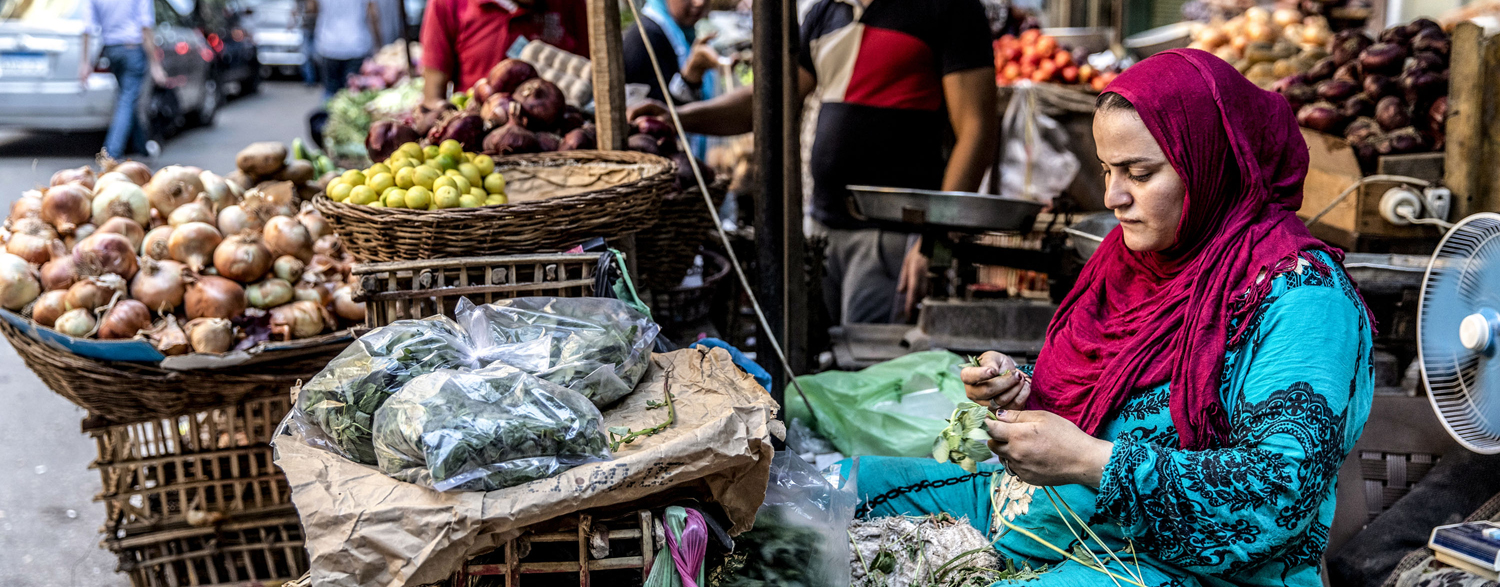
Egypt's resilience to pandemics
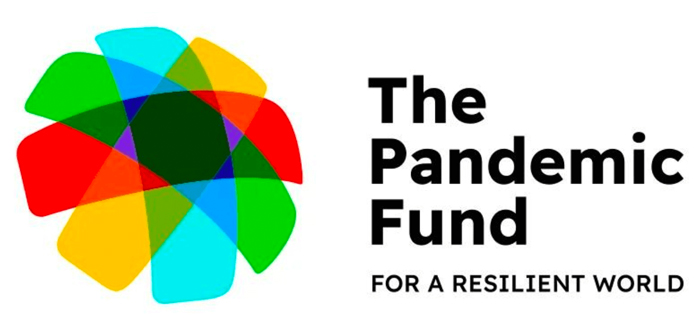
Egypt, a nation with a rich cultural heritage and a pivotal regional role, faces significant public health challenges due to its geographical location, population density, and socio-economic vulnerabilities. This project, titled "Egypt's Resilience to Pandemics," aims to enhance the country's ability to prevent, detect, and respond to pandemics by adopting a comprehensive One Health approach. The initiative focuses on strengthening surveillance systems, laboratory networks, and workforce capacities to safeguard human, animal, and environmental health.
Implementation and key components
The project will be implemented by Egypt’s Ministry of Health and Population (MoHP) in collaboration with FAO, WHO, and UNICEF. Activities will be carried out nationwide across all 27 governorates, ensuring wide-reaching and inclusive impact.
Strengthening surveillance systems
The project aims to establish an integrated surveillance framework that links human, animal, and environmental health data. Enhanced early warning systems will be developed, particularly focusing on antimicrobial resistance (AMR) and zoonotic diseases. Surveillance capabilities at Points of Entry (PoEs) will be improved to address transboundary health threats, while digital platforms will support real-time data sharing and risk assessment.
Enhancing laboratory networks
Investments will include upgrading laboratories to meet international biosafety standards and enhancing diagnostic capabilities for priority pathogens. A Biosafety Level-3 laboratory will be established, and digital laboratory information systems will be implemented to connect regional and central labs. Training programs will focus on biosafety, biosecurity, and genomic testing.
Building workforce capacities
The project will develop a resilient and skilled workforce by scaling up field epidemiology training programs, integrating a One Health curriculum. It will establish multidisciplinary rapid response teams (RRTs) and provide targeted training in infection prevention and control (IPC), outbreak management, and community engagement.
Expected outcomes
The project is expected to build a robust health security system capable of timely responses to public health emergencies. Enhanced surveillance and laboratory networks will facilitate early detection and diagnosis, while a well-trained workforce will strengthen pandemic preparedness and reduce vulnerabilities. The initiative will also improve Egypt’s compliance with international health regulations, supporting the country’s leadership in regional health security efforts.Implementing Entities
FAO, UNICEF, WHO
Priority areas
- Early warning and disease surveillance systems
- Laboratory systems
- Human resources/public health and community workforce capacity
Total budget
USD 23,054,221
Total co-financing
(in kind and cash)
USD 10,126,600
Total co-investment
(in kind and cash)
USD 9,913,000
Find out more
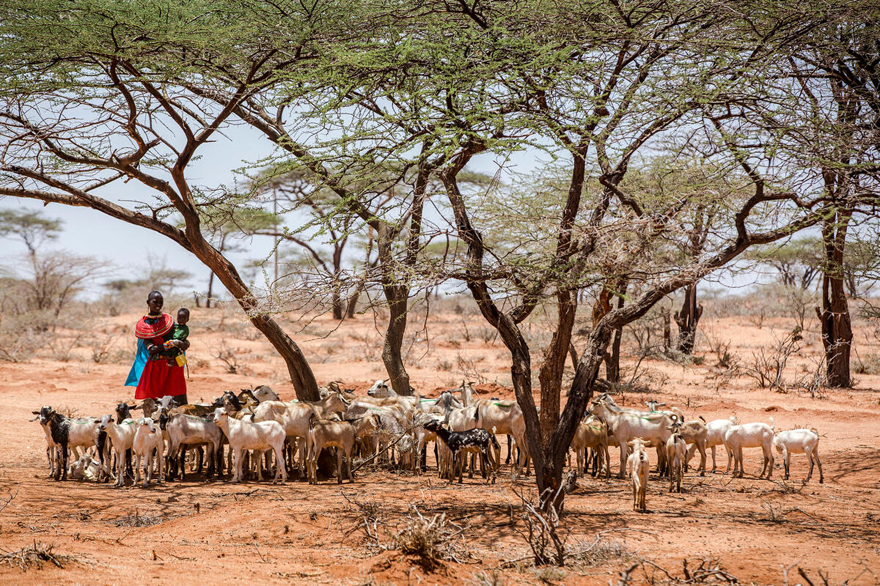
Projects
The Pandemic Fund
FAO is co-leading the implementation of 32 Pandemic Fund projects worth over USD 165 million aimed to boost local and global health security.
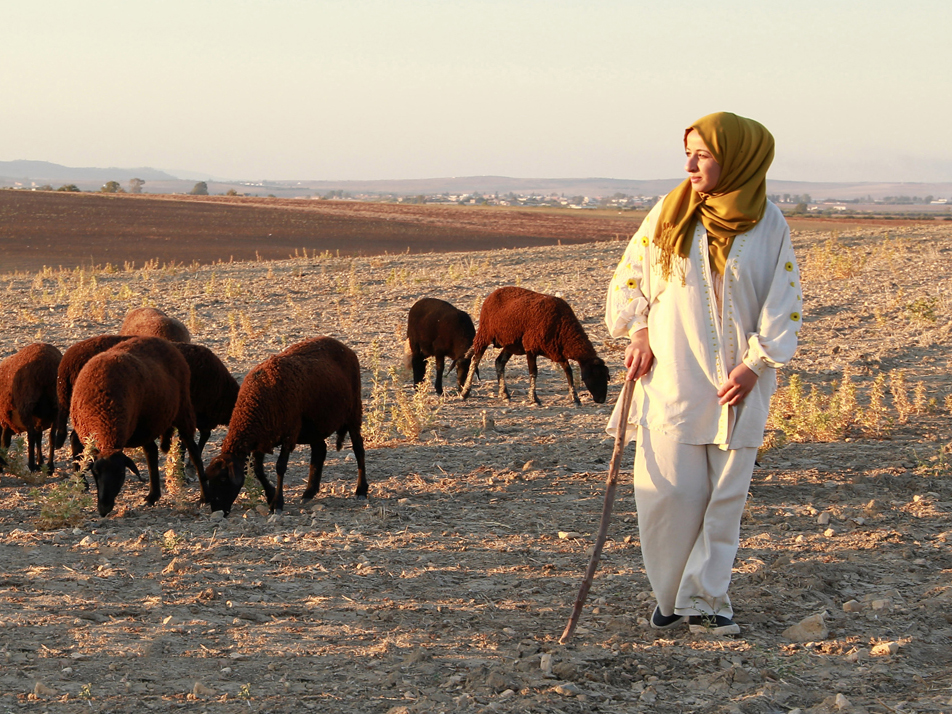
Highlights
Pandemic Fund’s third call for proposals
The Pandemic Fund has announced its third Call for Proposals, with an envelope of USD 500 million to enhance pandemic preparedness and response with a focus in low- and middle-income countries.
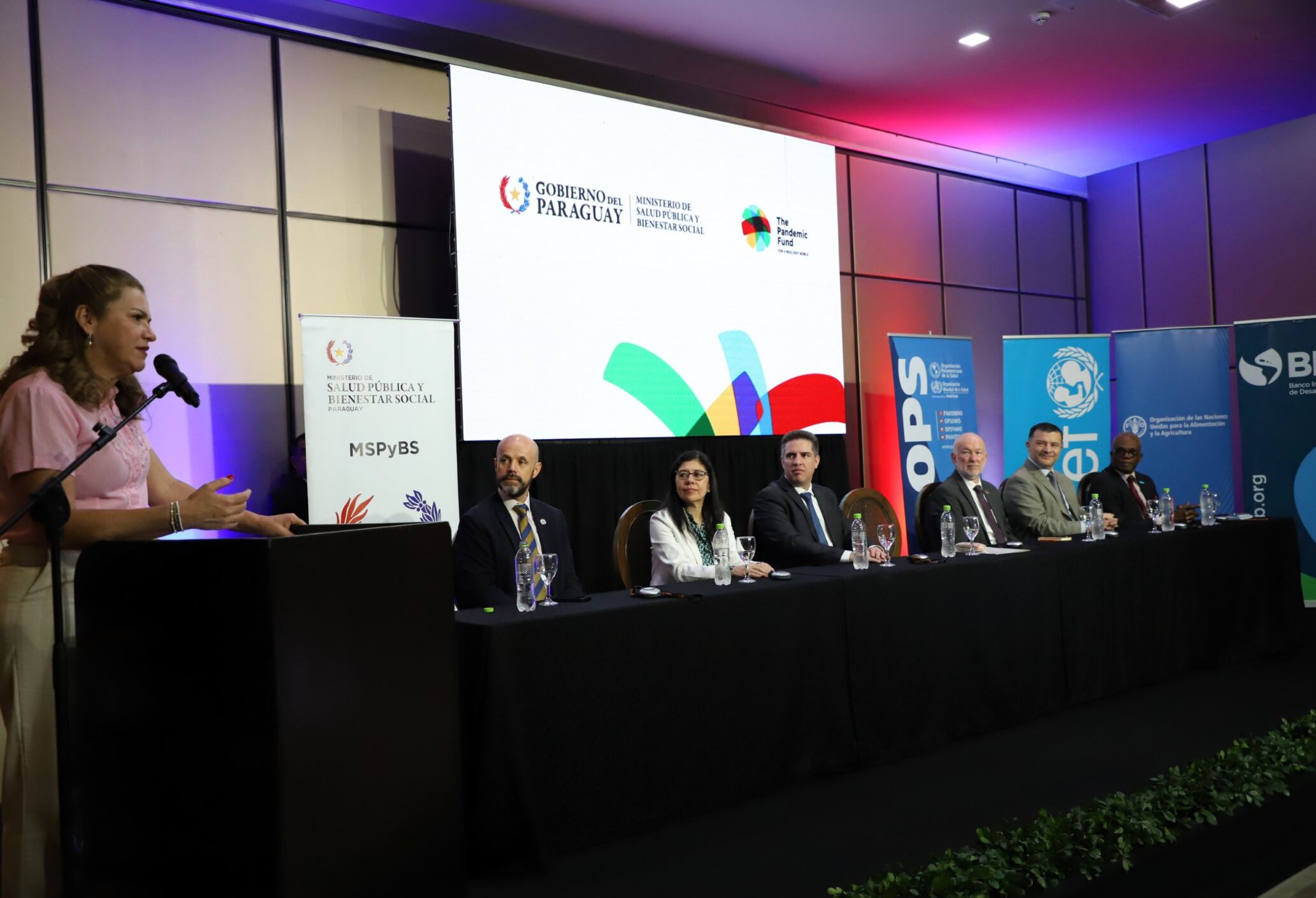
Highlights
Global fight against pandemics gains momentum as projects launch with FAO support
The first of Pandemic Fund projects launched at national level, including Ethiopia, Paraguay, Central Asia countries, and Yemen.
